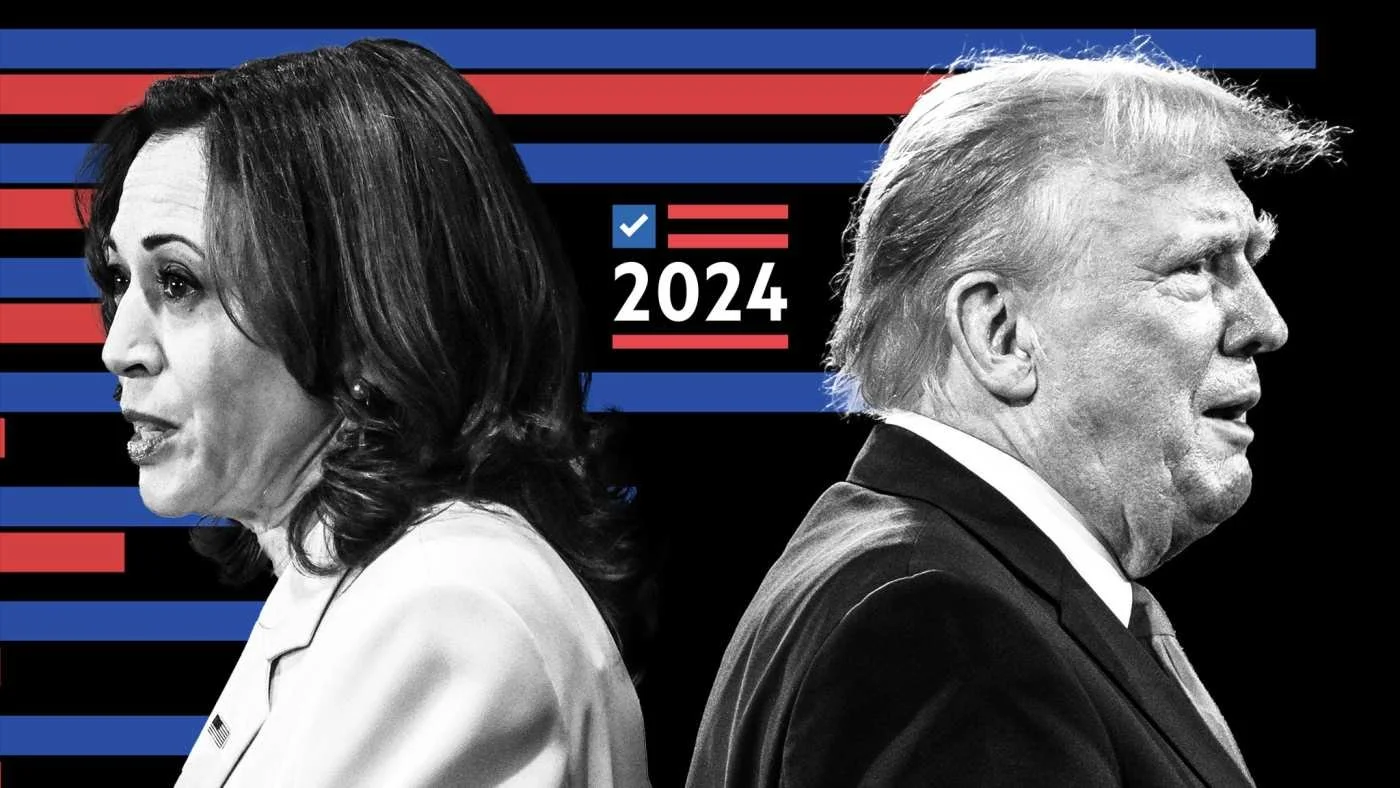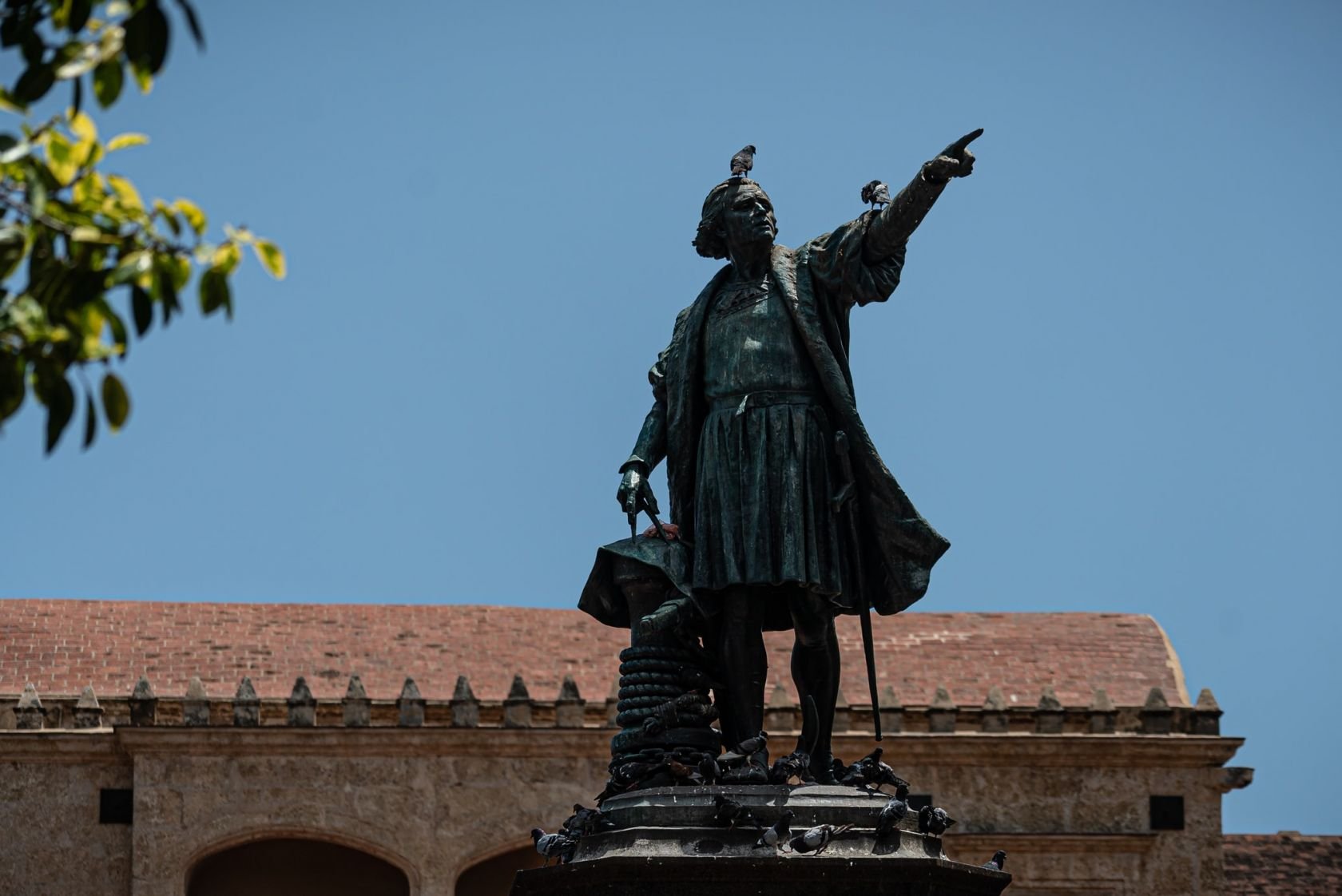Back to School: Comparing and Contrasting Education Policy of U.S. Presidential Candidates
Written By: Samantha Melia
August 15, 2024
Trump’s Education Policy
None of the bulleted points on Trump’s campaign website under the “issues” section of the navigation bar can be found without polarized language, and therefore there is no “education” section to meander about in search of tangible education policy. The name of the section, as it is available on the campaign website, is “Protect Parents Rights.” In the arena of higher education, Trump pledges to protect free speech on college campuses, conduct civil rights investigations at institutions suspected of participating in race-based discrimination, and eliminate a dog whistle for a non-problem– Critical Race Theory.
One may wonder how he hopes to scrub clean an American History major at the college level and breach a method of teaching history disconnected from the inequalities of today. One may also wonder how he hopes to separate the past from the present, as if one does not pave the way for the other. The education element of his campaign holds in high esteem the rigid bio-essentialism of college sports– pledging to bar “men” from women’s sports in the absolute. The priority given to this element of his education policy despite the rarity of transgender people navigating competitive athletic institutions reveals another campaign weakness– dependence on an extremely gullible base of support.
Trump’s policies regarding K-12 may be just as wholly unrealistic and misguided as his approach to higher education. Nationwide, states and school districts will be rewarded for doing away with tenure for teachers and replacing it with a “Merit Pay” system. “Merit Pay” seeks to procure bonuses for educators according to specific elements of their job performance, instead of providing compensation according to years devoted to the job. The result of replacing the tenure system at the K-12 level could have unforeseen consequences, whereas fewer Americans are choosing to pursue teaching as a career in favor of more stable industries.
A central component of Trump's approach to education policy is parental oversight and involvement in all administrative measures taken by districts on a school-by-school basis. Ideally, the legal guardians of enrolled students would be integrated into the process for selecting and hiring school officials and employees, namely the School Principal. Many parents across the country are concerned that academic environments are actively working to undermine values held by the host community itself, largely in regards to religious concepts, and dialogues pertaining to the intersection of American History and current citizen grievances. Under the proposed “Parental Bill of Rights,” that Trump seeks to adopt, parental involvement in all spheres of education, from curriculum to administrative proceedings and hiring processes, would fortify the core values of each community beyond the reach of outside discourses and calls to inform future voters about uncomfortable realities in present-day America through a robust national public education system.
The crux of Trump’s academic crusade is devoted to mitigating discourses surrounding topics of gender and sexuality, and his adoration for “freedom of speech” stops short of LGBTQ+ experiences, which he claims have become an indoctrination force. He believes that when the conversation stops, and these evangelical communities section off into themselves, young people will stop transitioning and pursuing same-sex relationships entirely, and he will get the credit for ending this “new” phenomenon. Good luck with that, bud. Unfortunately, the most demonstrative numbers of the “effectiveness” of Trump’s education plan will come in the form of the suicide rates of queer kids born into these school districts, and the furthered plummeting of the American willingness to pursue teaching as a career path.
Harris’s Education Policy
At the time of writing this, Harris’ campaign website is a single page inviting supporters to donate. Unless stated otherwise in campaigning to come, voters can assume the bulk of Biden’s own education plan would carry over into a Harris Presidency. The Biden-Harris campaign website's “issues” section mobilizes noble language in a comparable way to the opposition’s website, but there is no section pertaining to education policy. From here, one can discern that this is not an issue Harris will necessarily be running on, but how will that play out when it seems to be such a core element of the Trump campaign?
In the election of 2020 Harris advocated for the implementation of universally accessible preschool and pay raises for educators. The American Federation of Teachers and the National Education Association were quick to endorse Harris after President Biden revoked his candidacy.
In 2016, Harris criticized Trump's nomination and appointment of Betsy Devos as Secretary of Education, and opposed Trump’s proposal to “divert public school funding to private school vouchers,” quotes NEAToday. Her responses to Trump in this instance spoke to the importance of oversight, and the allocation of necessary resources to communities in need of funding. Her advocacy of a public pre-K system should speak to voters familiar with the difficulties of securing childcare and working full-time to keep up with a rising cost of living.
Voters concerned with education policy are faced with a polarizing divide in this upcoming election. Working-class parents have concerns surrounding how school resources are used and the “usefulness” of certain elements of a standardized education. The over-educated, those who know the term “democratic backsliding” and are familiar with the historical pretenses under which fascism has overtaken national educational systems, are concerned with our nation's future. With an excess of voters who have long been unenthusiastic about major party prospects, Harris may need to take steps to further distinguish herself from the democratic party as one of two institutional behemoths, in order to show her willingness to advocate for everyday people outside of the status quo. That may be the only way to out-sensationalize Donald Trump, who climbed his way to the top by stepping way over the line.
Harris’ own education, and this opportunity to display the level of “oversight” she believed Devos lacked, have enabled her to create a tangible educational plan to rival the dramatic changes purported by her opposition. Only time will tell whether the sensitivity Harris has previously displayed toward working-class issues of access will develop into universally beneficial educational institutions in poor and working-class communities.
Written by: Samantha Melia
About the Author:
Sam graduated from the University of Rhode Island in 2024 with dual degrees in Journalism and Political Science. She is still mulling over the financial feasibility of attending law school, but she hopes to gear her career toward advocacy writing about contemporary issues related to human rights and women’s issues. In her spare time, she moonlights as a bohemian poet. Special interests include philosophy, the Game of Thrones universe, and horror movies
Check out our social media for more resources:
Additional Reading
June 15, 2023
Identity, Oppression, US Politics, Race
September 12, 2023
June 15, 2023
Leave a comment





